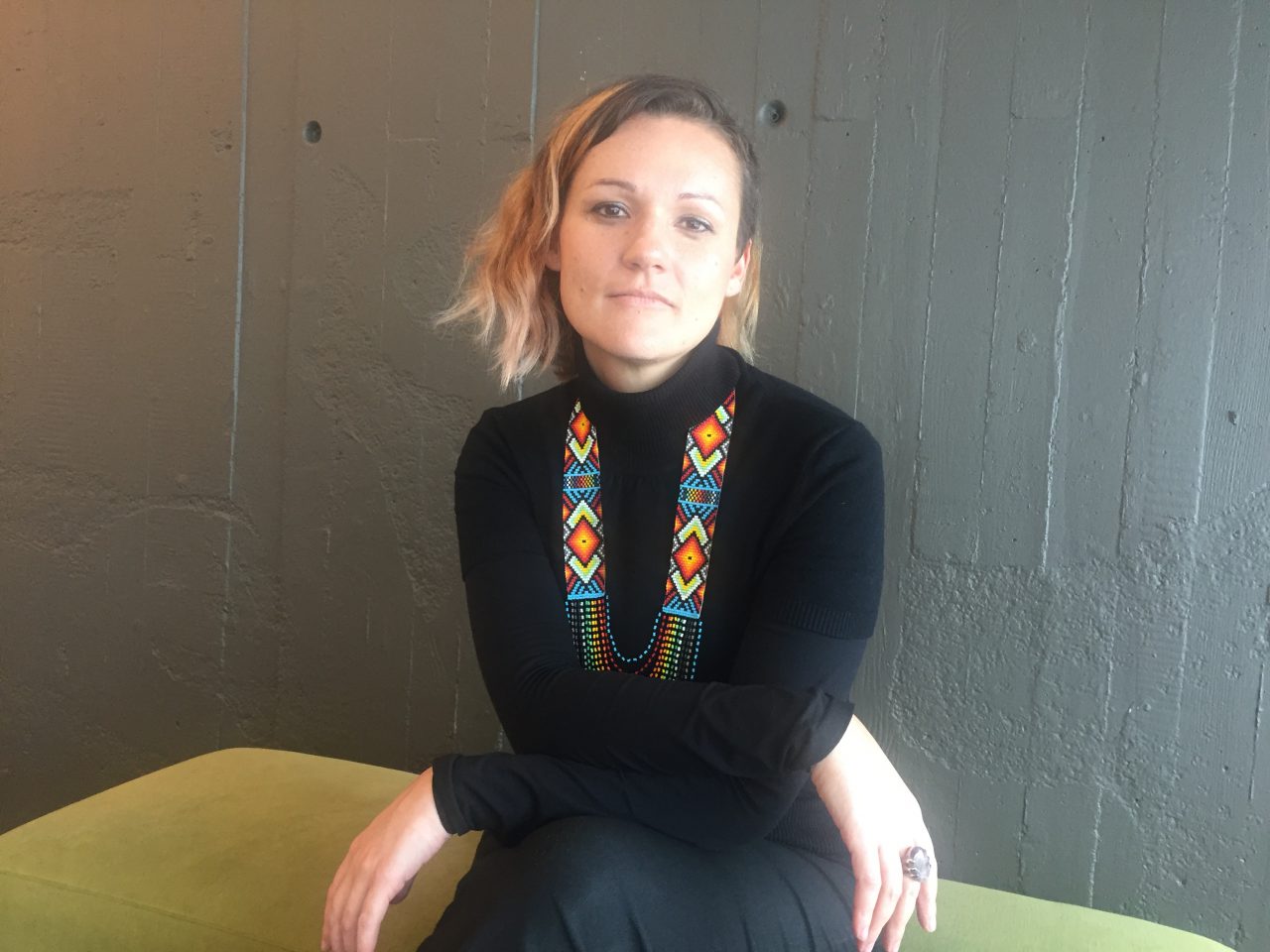“The Memory Is on Peace’s Side”

We interviewed Nancy Prada, who was in İstanbul at the invitation of Democratic Progress Institute, from National Center for Historical Memory in Colombia.
Emphasizing that the memory is on peace’s side, she said that women had made a lot of effort to keep memory alive and to make sure it would not happen again.
Could you tell us briefly about the conflicts in Colombia?
The Memory Center takes starting date of the war as 1958. When traditional parties did not seem to work, FARC was born (Revolutionary Armed Forces of Colombia). As these armed groups got stronger in the 1980s, paramilitary forces at the service of private equity showed up. While security forces, guerrillas and paramilitary groups got into conflict, drug trafficking started and some armed groups gained profit from it. In 2005, a disbandment act was signed with the paramilitary, but then other forces rearmed against the government. I mentioned at least four armed groups: guerrillas, paramilitary, security forces and paramilitary groups after the disbandment act. This has been a very long and complicated war. Numeral figures are very high: Approximately 300.000 murders, 60.000 missing people, 25.000 sexual harassment victims and more that 7 million displaced people.
Regarding peaceful periods, why do you think it is important to record history?
The memory is on peace’s side. I would like to count them one by one:
- Forgetting made us repeat the history: Colombia forgot a lot and war always came back.
- Historical memory is not a hegemonic story. It is a critical exercise; a collection of various memories which were exposed to tension.
- Memory lets us transfer from conflicts of absolute enmities to discussion between enemies.
- Societies which disregard their memories with the aim of being consoled for now, hardly avoid resentment and vengeance.
- Memory points at the problems. Policies, development models and social order exist for solving them.
- Memory is a must and a right for the victims to find their dead ones and figure out what happened.
- Memory creates an impact and causality, looks through experiences, interprets hidden meanings, and realizes the whole process not separate cases.
- Victims’ memories are not poisonous or vengeful. Many of the victims want the truth. They do not want to go through all that pain again.
- Memory is a peaceful resistance against violence. Memory recognizes a problem or a solution.
Memory is a vehicle to transform the moment and establish the future.

Bizi Takip Edin